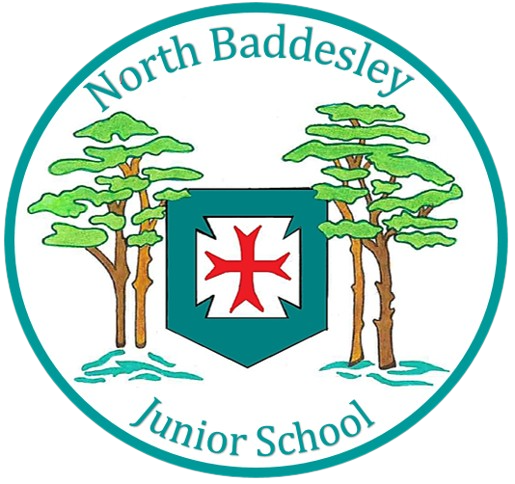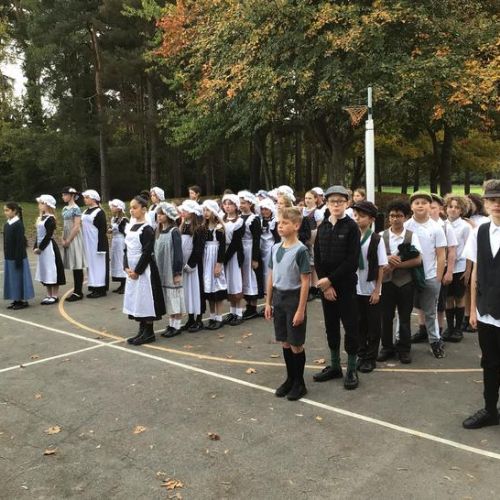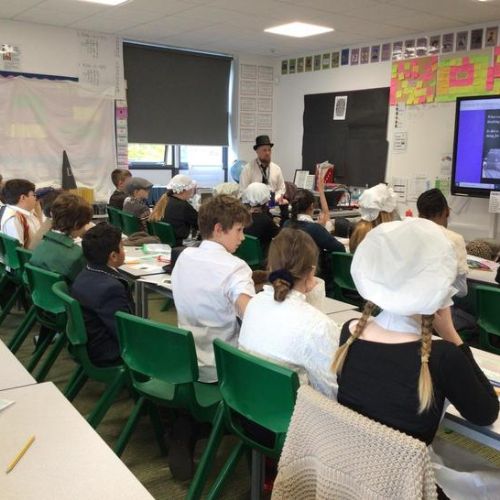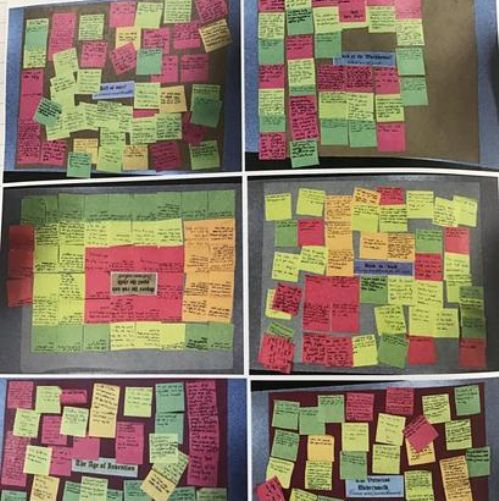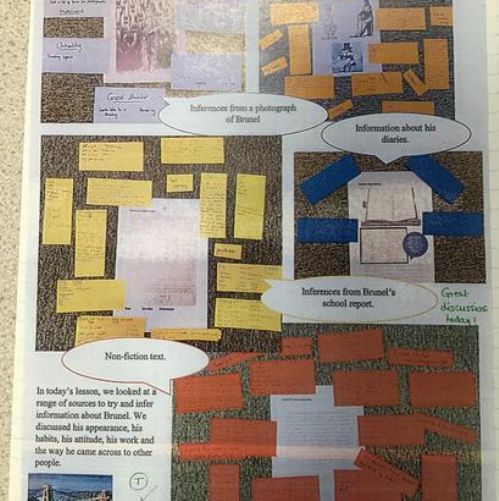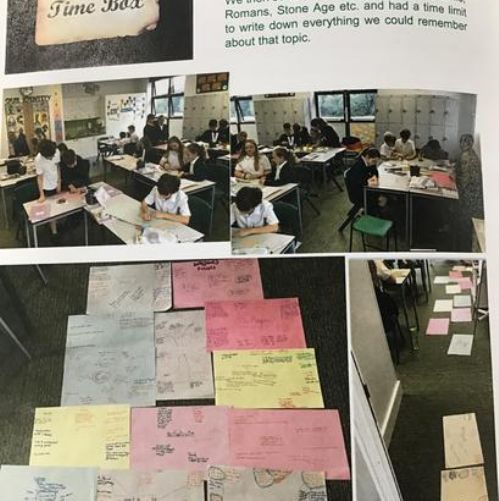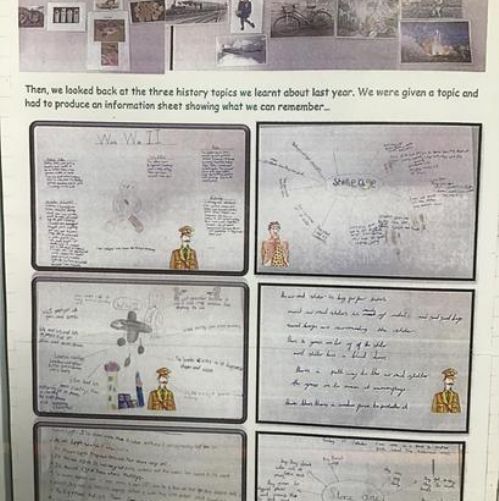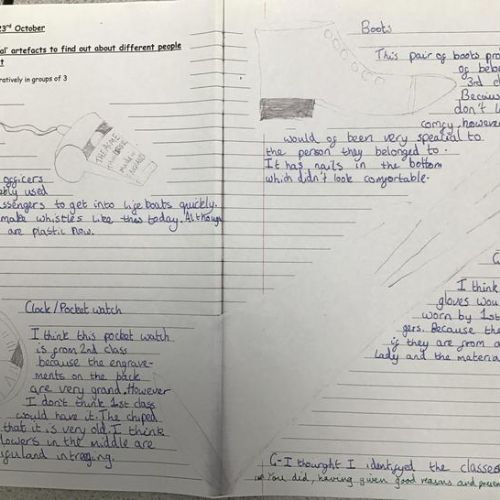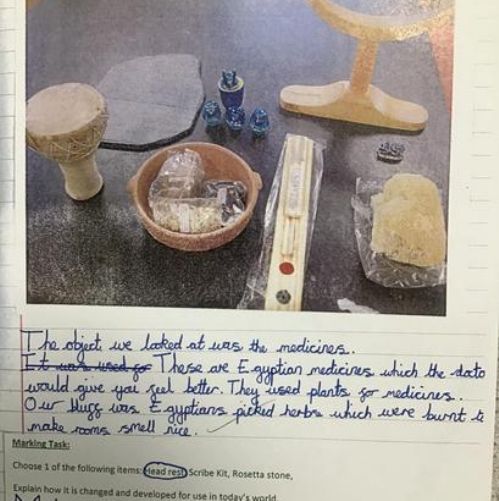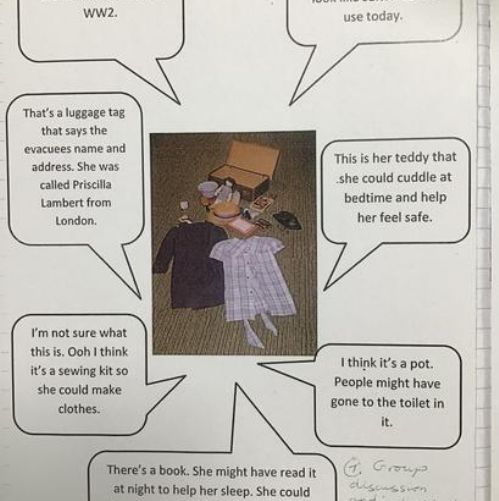History

History at North Baddesley Junior School
We are committed to delivering a rich and relevant History curriculum that will inspire pupils’ curiosity to know more about the past. To do this, we believe that we should provide children with stimulating, enjoyable and challenging experiences, within a lively, questioning approach to fire up their imagination about who we are and where we have come from. The children will develop their historical skills (please see the progression of skills document tab) in chronology, using historical terms, key concepts, enquiry, significance and perspective. We hope that children will begin to question and understand how people and events that happened long ago affect our lives today and how our actions shape the future.
What the Children will Learn
Our planned curriculum of local, British and world history will ensure children:
- Study the past in overview and in depth, so that they understand both the long arc of development and the complexity of specific aspects.
- Cover different societies and periods from ancient civilisations to modern day.
- Use specific dates and vocabulary related to the passing of time.
- Place events, people and changes within a broad chronological framework, including duration, intervals and overlaps.
- Use a range of sources of information (e.g. documents, printed sources, pictures, photographs, artefacts and computer based sources) as well as visiting historic buildings, museums, galleries and sites.
Each historical unit is planned using the Hampshire Six Step Enquiry approach (please see the relevant tab for further information).
Year 3 Topics
- Stone Age
- Bombs Away (World War II with a focus on evacuees)
- In Search of the Pharaohs (Ancient Egypt)
-
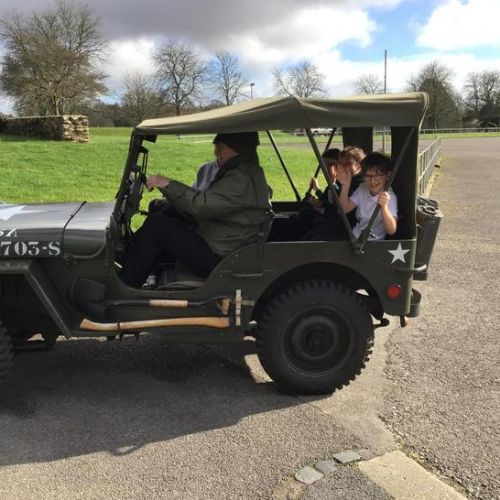
fedc24e5-6dec-4c5b-bcd8-77b614bc75941x1
-
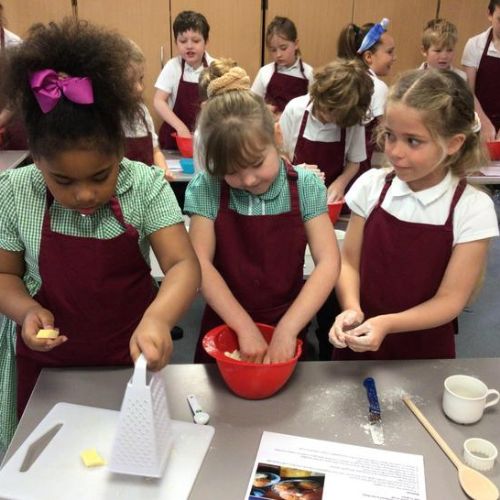
ecfc9814-815d-4288-ab9d-f62c398db6d51x1
-

ec567b35-a2bc-467b-93d9-f478bf918eb71x1
-
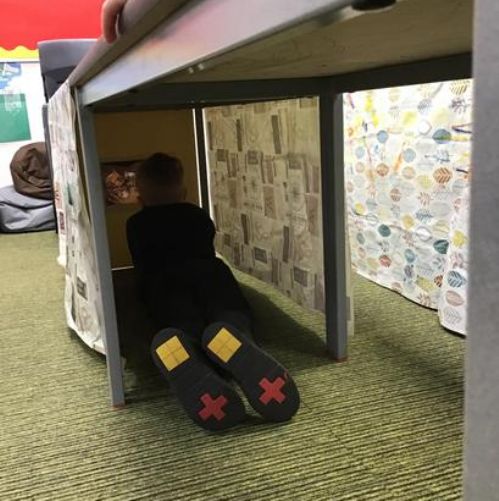
db6082a6-7de9-4632-8541-14fa14073f5a1x1
-
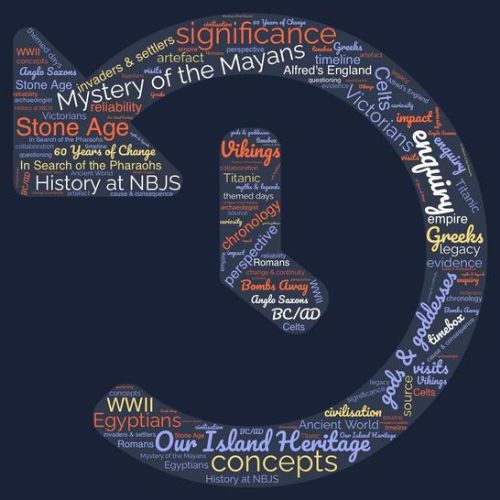
d9053362-47c5-4e2a-97b6-6066e73f768f1x1
-
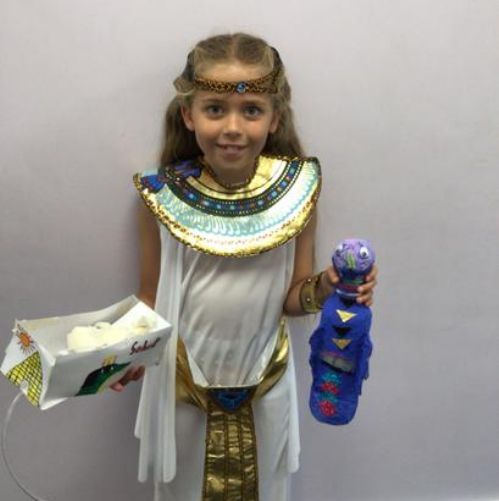
be29bd34-6334-4be6-b683-5a24c8071d131x1
-
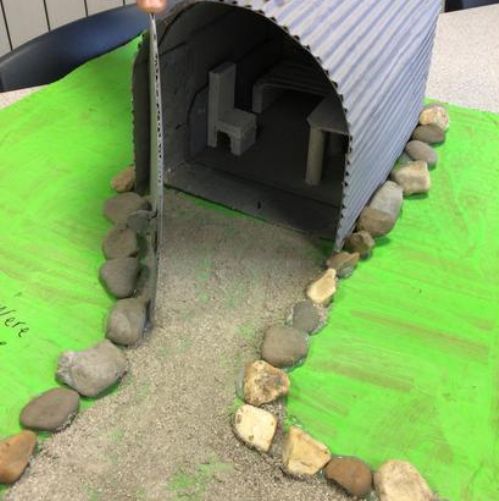
8f6aaf44-a768-48e9-9a68-502fadf1fa691x1
-
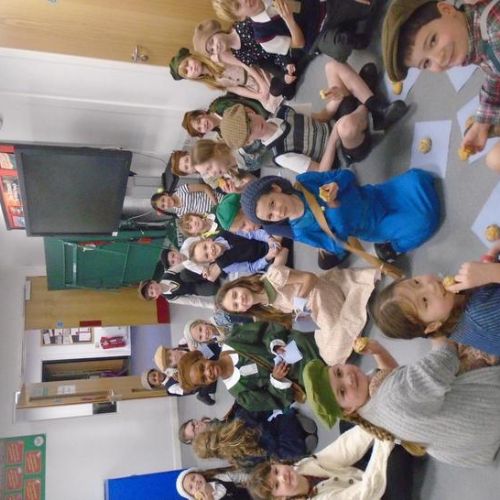
5df30a9a-2a24-47c8-9c07-7f66a3e06b761x1
Year 4
- Our Island Heritage (Celts and Romans)
- Alfred’s England (Anglo Saxons and Vikings)
-
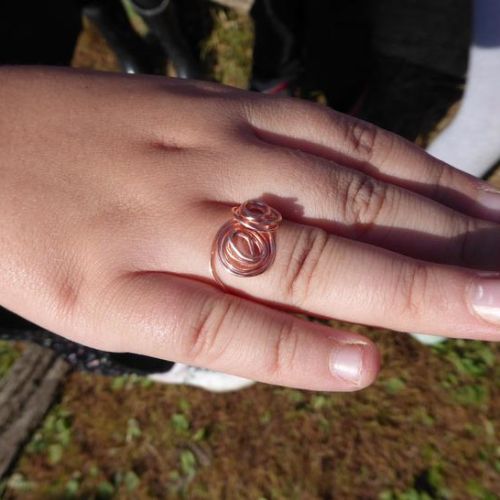
d20b6e63-6f5d-4aac-92f1-d2464c35e7e71x1
-
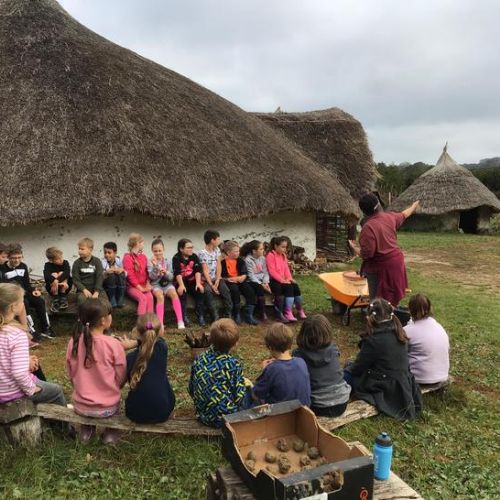
a2ade42e-d176-4c32-963d-bd82bcb0391a1x1
-
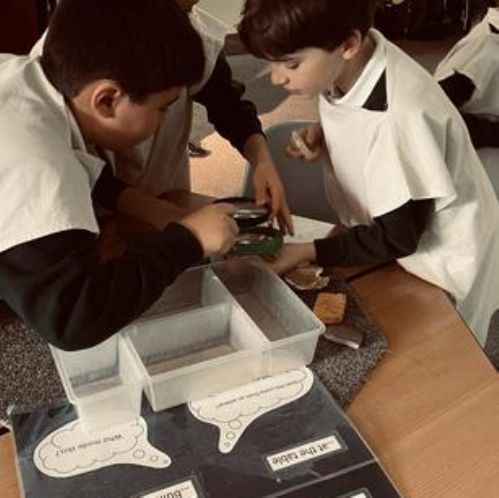
01103365-0fd8-41b6-94bd-801c377679651x1
-

54016e13-fa90-45ec-a66d-441899d003611x1
-
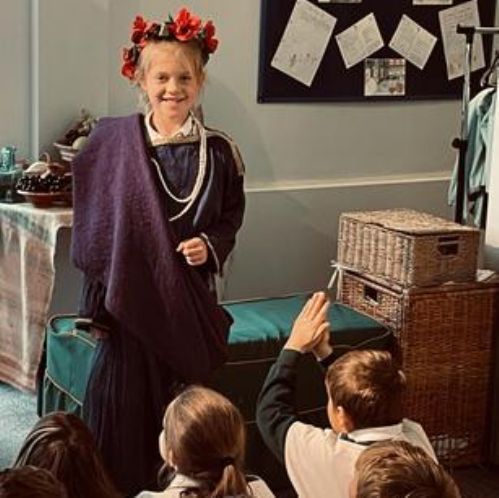
01480f3e-6b3d-49b0-8cf9-0e5251719beb1x1
-
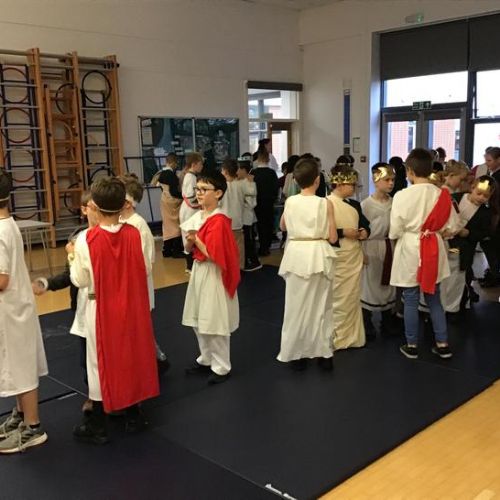
130de4f2-5615-4d15-8cc1-328315ee47351x1
-
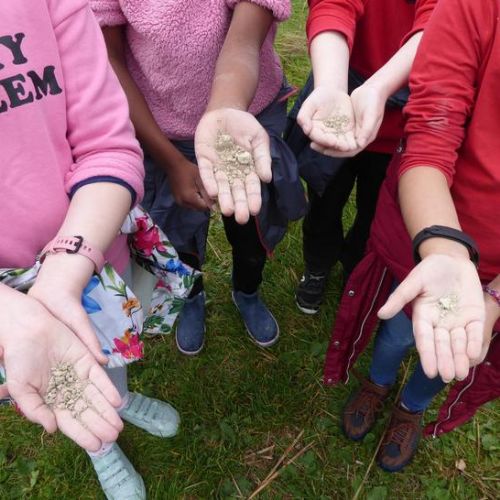
16ca2a5a-383e-46ef-b619-f79133ec30d01x1
-
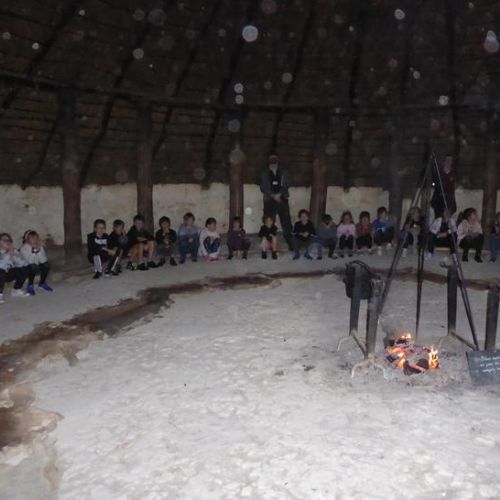
6ee49094-8555-4434-beb3-863c6d1c7cf81x1
-
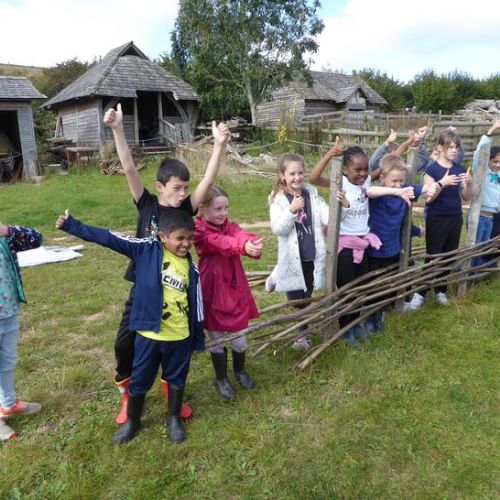
5e250b46-3ac3-4fc7-92d2-a6f7c196babd1x1
Year 5
- Titanic
- Mystery of the Maya (Ancient Mayan civilisation)
- Ancient World (Ancient Greece)
-
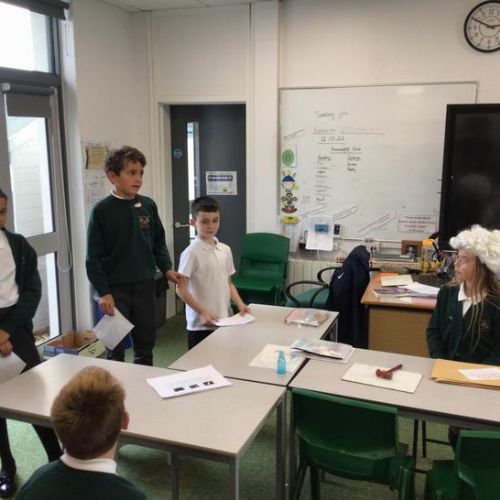
e7479010-f93e-42a2-ba6f-8a298cb846b31x1
-
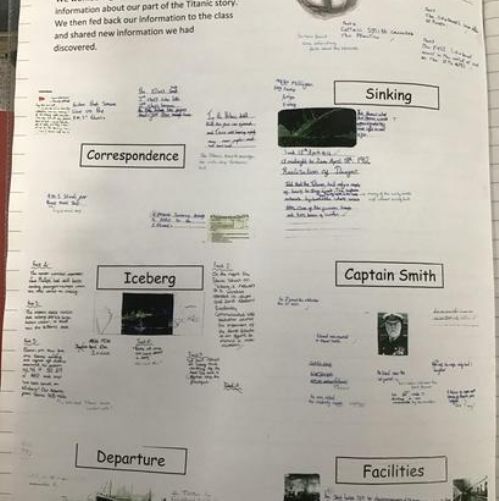
e0521960-ef03-45cc-928e-fb257943e8c31x1
-
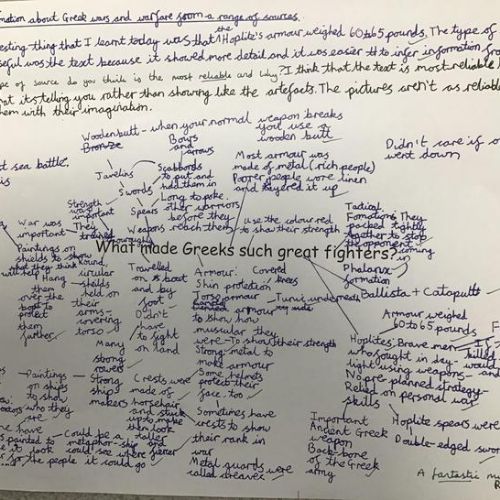
e351d165-2456-46d8-abb8-c3651b2b06e81x1
-
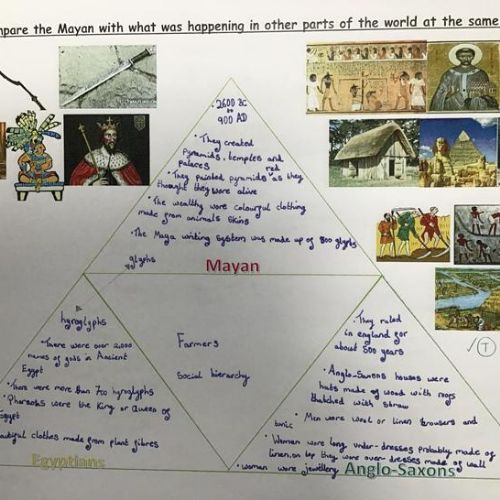
de45fd75-d6ea-4cfe-88a4-b04867be0ef71x1
-
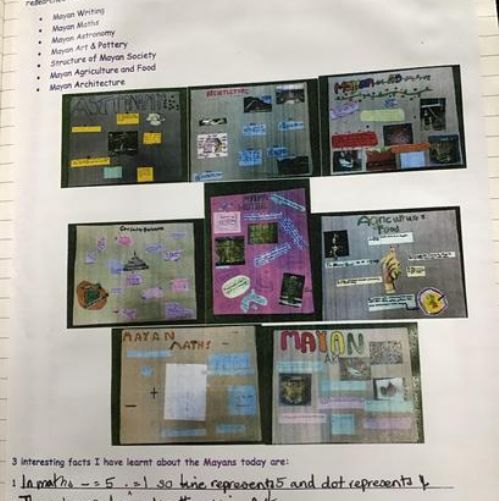
86666e3b-85bb-4a52-8007-77e70a3d453b1x1
-
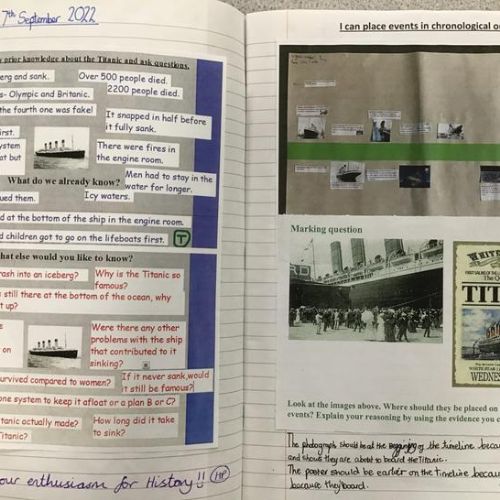
732a1358-2bf6-40e3-aebd-5041cde619581x1
-
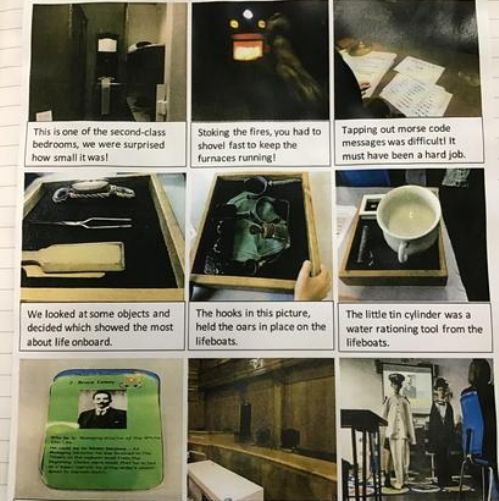
82f4757f-e84e-4bf2-8558-8c5b8893329e1x1
-
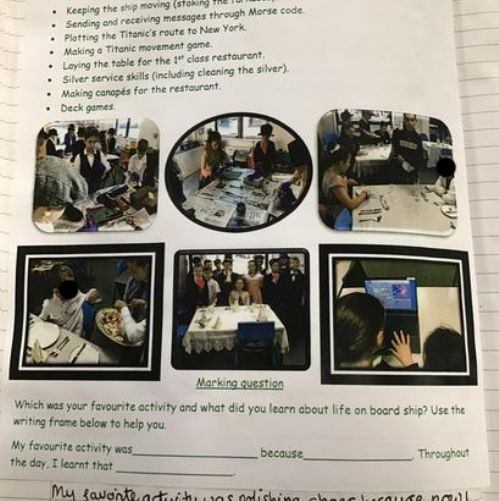
082cc4ad-ef9c-4098-8ca1-c28a8b3780361x1
Year 6
- 60 Years of Change (Victorians)
Historical Vocabulary
In history there is a wealth of new vocabulary to be learnt, some of which can be quite complex. To ensure that the children will be exposed to consistent historical terms throughout their time here, teachers will use and teach appropriate words from the vocabulary concept map (see tab below) during each historical unit. By the end of Year 6, the children will have been continuously exposed to this vocabulary over their 4 years here and so should be able to confidently use and explain these words in context.
Chronology
We would like the children to leave us, having gained a secure chronological framework of the country and world in which they live- where have we come from? This is not just the order of events and time periods, but also the duration of them, understanding intervals between them and also that some overlaps occur. Each classroom has an identical time line to refer to that dates from the age of the dinosaurs right up to the present day. The children will also have two sessions each year with their ‘Time Box’. Inside the Time Box are many different sources, all linked to their previous learning and historical units taught. The idea of this is to recap prior knowledge and understanding, so the learning is not lost, as well as developing their understanding of chronology by making time lines, discussion amongst peers and in-depth questioning from the teachers.
Resources
In order for the children to be inspired and stimulated by History, and have meaningful learning experiences, they have access to history topic resource boxes, which contain artefacts, clothing, books and other historical resources to give them practical, ‘first-hand’ experiences.
We highly value the educational impact of visits to historical sights and organisations, and themed ‘dress-up’ days at school; these are embedded into each historical unit of work in order to really bring history to life for the children and create exciting, memorable experiences.
